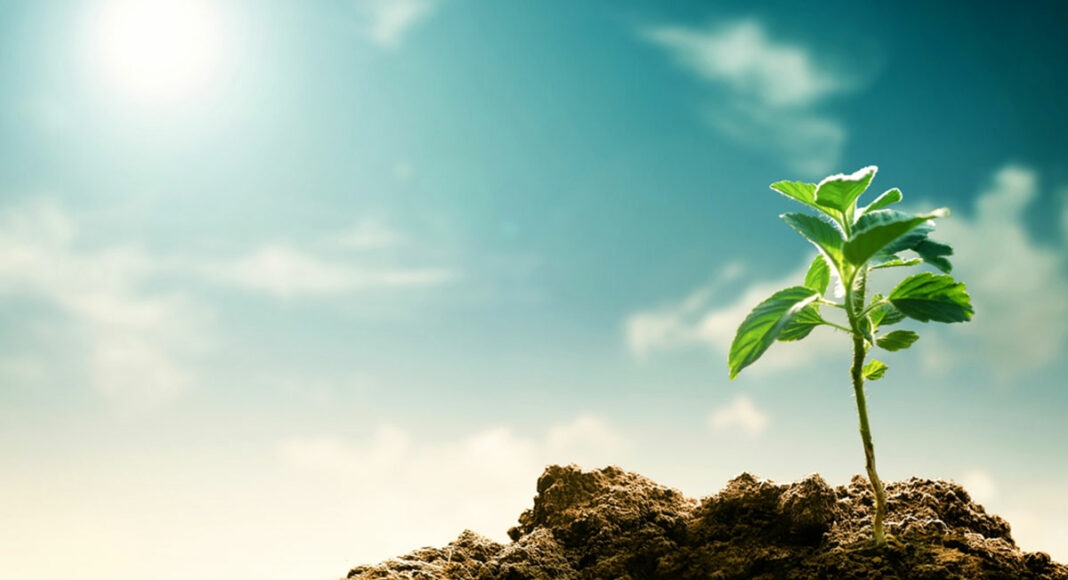Regeneración Pajaro Valley and CSUMB’s virtual “Climate of Hope” event last week highlighted women’s perspectives on the climate crisis. Over the course of two hours, several speakers from different backgrounds interacted with audience members through polls and live chats.
Conversations centered around the idea of building resiliency and equity into our society—through food production, transportation systems and social interactions. Here are a few of the main takeaways:
Climate change disproportionately harms women and girls in underserved and oppressed communities. Women and girls of color often face higher exposures to pollution, pesticides and heat stress. Unequal access to health care compounds the issue.
To address these systemic problems, leadership must be intersectional, and climate action should be accessible. The forum leaders emphasized the idea of an equitable future. Leslie Aguayo, an urban planner from the Greenlining Institute, explained that policies focused on equality assume the playing field is level. But equity calls for redistributing resources and eliminating uneven barriers to opportunity. “Equity is not an obstacle to progress and innovation—it’s the foundation,” she said.
Looking to the past will help guide our future. To begin moving toward equity, we must acknowledge and account for the past. Understanding the history of systemic inequalities is necessary for dismantling them. Kanyon “Coyote Woman” Sayers-Roods, a cultural representative and native monitor for Indian Canyon Mutsun, invited the audience to also think beyond the “post-colonial settler environment” and learn from native peoples: “When honoring truth in history, we can learn from indigenous pedagogies so we may learn how to strategize sustainable futures.”
Climate solutions should be community efforts that reach every aspect of life. The speakers emphasized the importance of equity and sustainability in our public spaces, food production, energy use and transportation design. The proposed solutions transcend individual or corporate action. Instead, the women envisioned a future where communities build resiliency to climate change into daily life.
Find a full recording of the event on Regeneración Pajaro Valley’s Facebook page.













